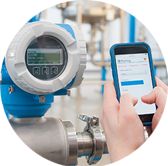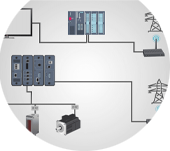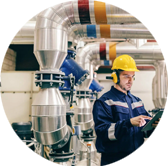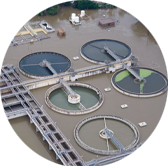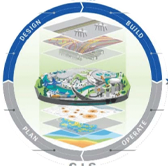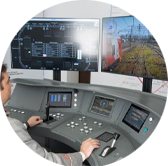
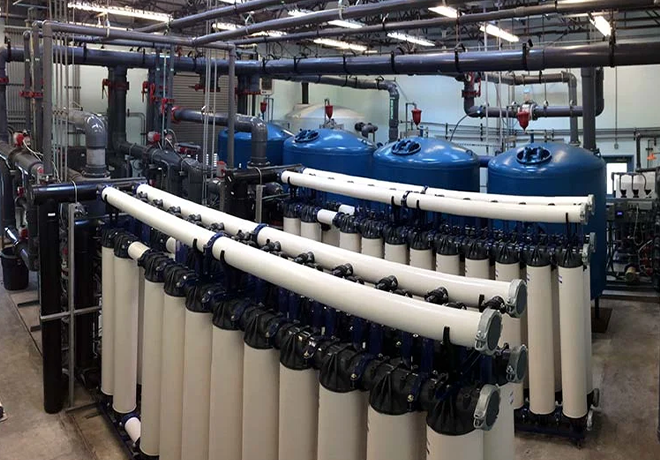


Different Process and applications
Water & Waste Water
Automation solutions for water and wastewater management play a crucial role in ensuring the efficient and reliable operation of water treatment plants, distribution systems, and wastewater treatment facilities. These solutions leverage advanced technologies to monitor, control, and optimize various processes, ultimately improving water quality, reducing operational costs, and enhancing environmental sustainability. ControlTech Provides various automation solutions commonly used in the water and wastewater industry:
SCADA Systems (Supervisory Control and Data Acquisition)
SCADA systems are the backbone of water and wastewater automation. They provide real-time monitoring and control capabilities for equipment and processes. Operators can remotely monitor water quality, flow rates, pressure, and other critical parameters, as well as make adjustments and respond to alarms promptly.
Remote Telemetry Units (RTUs)
We are supplying and integrating different kind of RTUs built for outdoor and indoor installation. Our solution for RTU is scalable and expandable
(Programmable Logic Controller) Systems
PLCs are used for controlling specific equipment and processes, such as pumps, valves, and chemical dosing systems. They execute logic-based control algorithms and are integrated into the SCADA system for centralized management.
Data Analytics and Predictive Maintenance
Advanced analytics and machine learning algorithms can be applied to historical data to predict equipment failures and optimize maintenance schedules. This reduces downtime and extends the lifespan of critical assets.
Remote Monitoring and Mobile Applications
Water and wastewater professionals can access system data and control functions remotely through mobile applications. This capability enhances situational awareness and enables rapid response to emergencies or critical events.
Sensors and Instrumentation
A wide range of sensors and instruments measure parameters such as pH, turbidity, dissolved oxygen, and chlorine levels. These sensors provide real-time data for process control and quality monitoring.
Energy Management Systems
Automation solutions help optimize energy consumption by controlling pumps, blowers, and other equipment based on demand. Energy-efficient technologies and renewable energy integration are increasingly being adopted to reduce operational costs and environmental impact.
Security and Cybersecurity Measures
Given the critical nature of water and wastewater infrastructure, robust security measures are essential to protect against cyber threats and ensure the integrity of data and operations.
Emergency Response and Alarm Management
Automation systems generate alarms and alerts in real-time, helping operators respond quickly to incidents such as leaks, equipment failures, or contamination events. They can also facilitate automated emergency shutdown procedures when necessary.
Regulatory Compliance and Reporting
Automation solutions help water and wastewater utilities meet regulatory requirements by continuously monitoring and documenting key parameters. This ensures that water quality standards are consistently maintained.
Integration with GIS (Geographic Information System)
Integrating automation systems with GIS enables utilities to visualize infrastructure data on maps, making it easier to plan maintenance and expansions.
Remote Control Operation:
Automation allows for remote control and adjustment of plant, enabling precise management of water flow and pressure in the distribution network.

